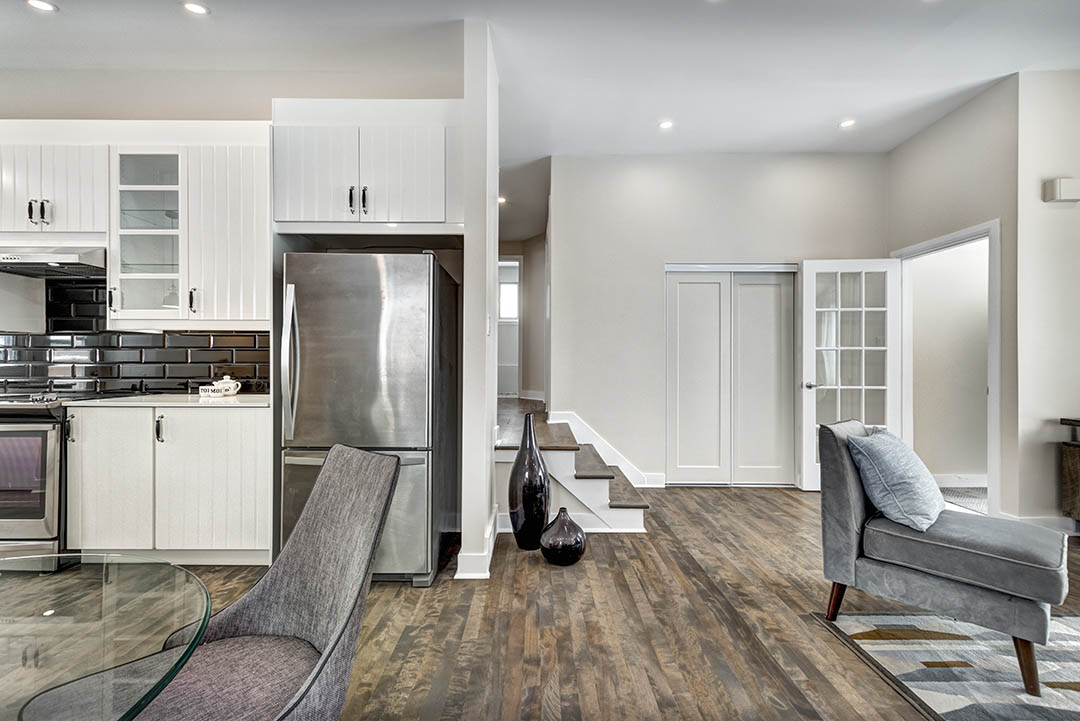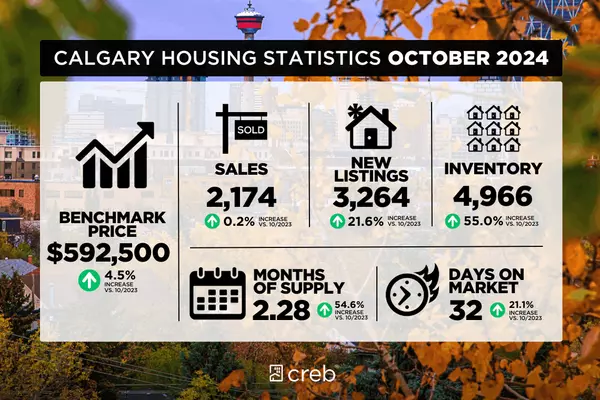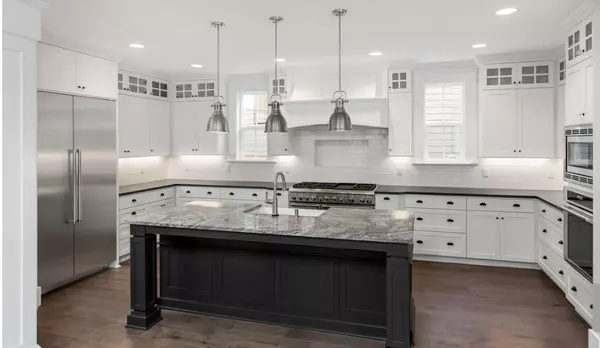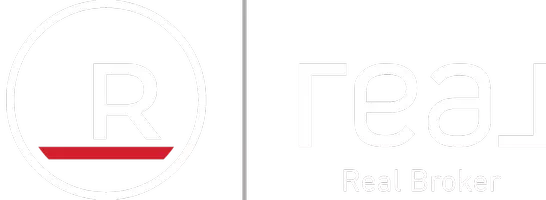Legal vs Illegal Secondary Suites

I do a lot of home valuations – 950+ between 2021 and now. Many owners have a basement suite or potential for one. But when listing a home, I must use the word illegal when speaking about the suite unless the owner has worked with the city to legalize the suite and it is on the city’s Secondary Suite Registry..
The rules are:
From “mother-in-law,” to “income opportunity,” are no shortcut to properly identify a legal or illegal suite.
In order to call a suite a “mother-in-law suite”, for example, it has to be exactly that…used for the mother-in-law to live in. There are documented cases case an agent told a client that the term “mother-in-law suite” was a generally accepted term for an additional suite in a house. Later, after the client had closed on the purchase and rented both suites, they could not understand why the City was giving them notice to vacate if the real estate agent thought it was “generally acceptable”.
If the seller has their mother-in-law living in the suite, you can refer to it as such. However, you still have to inform any buyers that it is an illegal suite and cannot be rented. Conversely, if your buyer is really going to have their mother-in-law stay there then you can, again refer to it as such but still must disclose that the suite is in fact illegal.
CREB®’s policy is that all advertising with respect to suites, including in the MLS® System, must disclose if a suite is legal or illegal. This policy is to help reduce the public’s misunderstanding and lack of clarity with terms used to describe suites.
When listing a property with a suite, comments about any listing must be accurate and not misrepresent the property. Terms like “mother-in-law”, “nanny suite”, “carriage suite”, “conforming”, and “non-conforming” are not substitutes for stating if a suite is legal or illegal.
An agent must clearly indicate the legality whenever the word “suite” is used.
Disclose on all platforms
Proper disclosure goes beyond entering information in the suite field on the MLS® System.
If your agent chooses to reference a suite in the public remarks, advertising or on websites, it is imperative that the words legal or illegal accompany every reference to the suite. For example, if you use the word “suite” three times, the word legal or illegal should also be included next to each of these references.
Scrap the money makers
We must also void terms like “rent down”, “excellent source of revenue”, “income potential”, and “mortgage helper” when describing an illegal suite.
We must also avoid mentioning and promoting the potential future uses or alterations of a property – this is risky for both the seller and the listing agent.
When it comes to advertising, listings and disclosures, there is only one of two ways to describe a suite – legal or illegal.
If a listing agent wants to indicate that a property is zoned for a secondary suite, phrases you can include in a listing are “a secondary suite would be subject to approval and permitting by the city/municipality” or “a basement suite would subject to approval and permitting by the city/municipality”.
Legal Secondary Suites
A self-contained residence with two or more rooms and includes a kitchen, living, sleeping and sanitary facilities.
All suites must have:
- Bedrooms with proper egress windows
- A separate bathroom
- Separate cooking facilities
- An entrance that is accessible from outside without passing through the main dwelling unit. A shared stairwell is acceptable, but each unit must have a private entrance.
What is the difference between legalizing and adding a secondary suite?
A suite may be considered existing and need to be legalized if all of the below are true:
- The suite includes a bathroom, cooking facilities and sleeping/living facilities.
- The suite is accessible from outside without passing through the main dwelling unit. (A shared stairwell is acceptable but each unit must have a private entrance.)
- The suite was built prior to March 12, 2018.
- The suite is located in the same building as the main residence and not a detached garage.
If all of these requirements are not met the suite will be considered new. See add a secondary suite for more details.
If there is more than one suite on the property or in the building, Contact the Planning Services Centre for further assistance
A building permit is required for all secondary suites, regardless of when they were constructed.
The bottom line
If you have an illegal suite, the city has every right to come and shut it down and they will. There are cases where a disgruntled tenant has had an illegal suite and contacted the city to let them know.
When it comes to the value of your suite, a legal secondary suite has a much higher value and in most cases will sell faster for more dollars than an illegal one.
Yes there are many hoops to jump with legalizing a suite but if you wish to rent out your suite or sell for a higher cost, then it is worthwhile to legalize your suite, otherwise it will be considered an illegal suite.
Categories
Recent Posts










